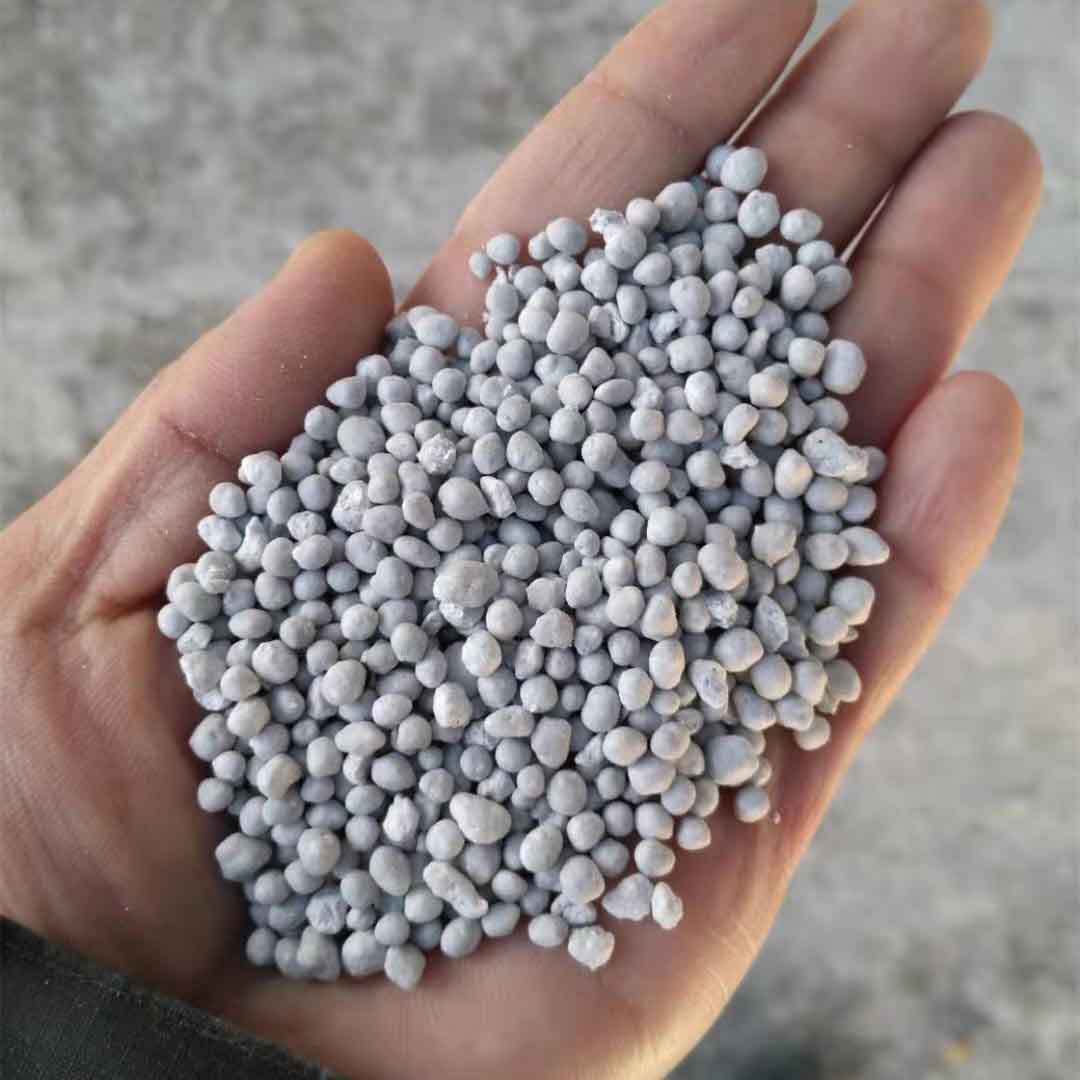
Dez . 28, 2024 23:47 Back to list
water soluble fertilizer for drip irrigation
Water Soluble Fertilizers for Drip Irrigation Optimizing Crop Production
Water soluble fertilizers (WSFs) have gained significant recognition in modern agriculture, especially in systems like drip irrigation. This method not only conserves water but also enhances the efficiency of nutrients, making it an ideal choice for many farmers aiming to optimize crop production.
What are Water Soluble Fertilizers?
Water soluble fertilizers are nutrients formulated to dissolve completely in water, providing essential elements for plant growth immediately available for plant uptake. They typically contain macro-nutrients such as nitrogen (N), phosphorus (P), and potassium (K), along with secondary nutrients like calcium, magnesium, and sulfur, as well as trace elements essential for healthy plant development.
Advantages of Water Soluble Fertilizers in Drip Irrigation
1. Precision Application Drip irrigation systems deliver water directly to the root zone of plants, minimizing water wastage and preventing nutrient runoff. By incorporating WSFs into the irrigation system, farmers can ensure that crops receive the precise amount of nutrients required at the right time, enhancing absorption and reducing nutrient losses.
2. Improved Nutrient Uptake The solubility of these fertilizers enables quick absorption by plants. When combined with water applied through drip irrigation, nutrients are made available in a form that plants can readily uptake, leading to faster growth rates and improved overall health.
3. Reduced Environmental Impact Using water soluble fertilizers minimizes the risk of nutrient leaching, which can contaminate water supplies. With careful management, nutrients can be kept in the target area, promoting sustainable farming practices and protecting local ecosystems.
4. Versatility of Formulations Water soluble fertilizers come in various formulations, tailored specifically to different crops and growth stages. This flexibility allows farmers to adjust nutrient inputs based on specific crop requirements, ensuring optimal growth conditions throughout the planting cycle.
water soluble fertilizer for drip irrigation

5. Enhanced Crop Quality The precise and efficient application of nutrients leads to better crop quality and higher yields. With WSFs, fruits and vegetables often exhibit improved color, taste, and nutritional content, making them more appealing to consumers and profitable for producers.
Application Strategies
To maximize the benefits of water soluble fertilizers in drip irrigation, proper application strategies must be employed. Here are some key considerations
- Soil Testing Conduct soil tests to identify existing nutrient levels and deficiencies. This information guides the formulation and quantity of WSFs required for optimal growth.
- Timing of Application Timing is critical when using WSFs. Nutrient application should align with the plant’s growth stages for maximum efficiency. For instance, during peak growth periods, crops may require higher nutrient inputs to support their development.
- Maintenance of the Drip System Regular maintenance of drip irrigation systems ensures even distribution of nutrients. Clogging can occur due to fertilizer precipitation, so using high-quality WSFs and regular system flushing can prevent issues.
- Monitoring and Adjustment Regular monitoring of plant growth and health can reveal insights into the effectiveness of nutrient applications. Adjustments in the type or quantity of WSFs may be necessary based on plant response.
Conclusion
Water soluble fertilizers, when integrated with drip irrigation systems, can significantly enhance agricultural productivity. They offer a precision approach to nutrient management, ensuring that crops receive the necessary elements for optimal growth while minimizing environmental impact. As farmers continue to face challenges such as climate change and resource scarcity, adopting WSFs in drip irrigation represents a step towards sustainable and productive farming practices. By leveraging these technologies, farmers can effectively meet the growing global food demands while preserving the environment for future generations.
-
High-Quality NPK Fertilizer Raw Material Manufacturer & Supplier Trusted Factory Exporter
NewsJul.08,2025
-
Organic 20-20-20 Plant Fertilizer Supplier Premium Organic Fertilizer Manufacturer
NewsJul.08,2025
-
Ammonium Sulfate Fertilizer Market - Leading Manufacturer, Supplier & Factory Solutions
NewsJul.08,2025
-
Premium Water Soluble Fertilizer 20-20-20 Reliable Manufacturer & Competitive Prices
NewsJul.07,2025
-
10-52-10 Fertilizer Supplier – Premium NPK Compound & Granular Fertilizers for Crop Growth
NewsJul.07,2025
-
Best Blueberry Organic Fertilizer - Premium Factory & Supplier Boost Your Blueberry Yield
NewsJul.07,2025
